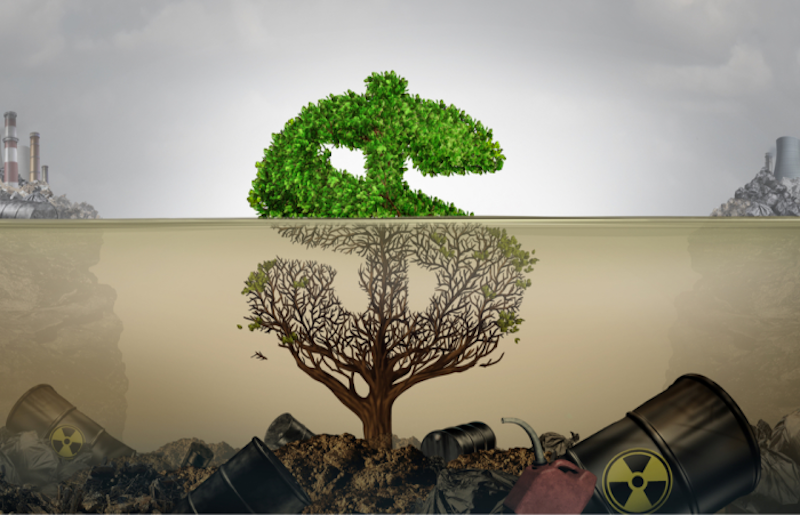New York Pension joins campaign to push RBC on climate
One of the world’s biggest investors is tired of RBC’s greenwash on climate, and has filed shareholder resolutions at RBC and other US Wall Street firms demanding they set stricter emissions reduction targets.
From Reuters:
New York City’s comptroller and three NYC pension plans are calling on Royal Bank of Canada (RBC) to spell out absolute greenhouse gas emissions targets for 2030.
In a statement on Tuesday, Canada’s largest commercial bank was cited with Wall Street peers Bank of America, Goldman Sachs Group, and JPMorgan Chase for “not taking a basic step of setting interim reduction targets that account for total portfolio emissions.”
New York City Comptroller Brad Lander, the New York City Employees’ Retirement System, Teachers’ Retirement System, and Board of Education Retirement System say they have filed shareholder proposals recommending “an absolute reduction target aligned with a science-based net zero emissions pathway” for each lender.
“Shareholders applauded these banks when they set net-zero goals – but it can’t be all talk. We expect them to take the steps needed now to reduce emissions on the timeline to which they have committed,” Lander stated on Tuesday. “Absent a concrete plan to reduce absolute emissions in the real world in the near term, any net-zero plan rings hollow.”
The filing was covered extensively in Canadian and global financial media including:
- Reuters: https://www.reuters.com/business/sustainable-business/new-york-pension-seek-stricter-climate-emissions-rules-bank-portfolios-2023-01-24/
- Canadian Press: https://www.thestar.com/business/2023/01/24/new-york-city-pension-funds-call-for-absolute-ghg-emission-targets-at-rbc.html
- FT: https://www.ft.com/content/f768fb05-a91a-4996-8c38-b8b64dfa9def (Quotes Richard)
- Yahoo! Finance: https://finance.yahoo.com/news/rbc-wall-st-banks-face-climate-demands-from-nyc-pensions-comptroller-190107093.html?guccounter=1 (Quotes Richard)
- Bloomberg: https://www.bloomberg.com/news/articles/2023-01-24/wall-street-faces-calls-from-investors-to-cut-fossil-fuel-financing?sref=bOoqS7SM
- National Observer: https://www.nationalobserver.com/2023/01/25/news/nyc-pension-funds-take-rbc-over-climate-plan (Quotes Sarah)
- P&I: https://www.pionline.com/esg/nyc-retirement-funds-file-shareholder-resolutions-asking-4-big-banks-about-co2-targets
- Washington Post: https://www.washingtonpost.com/politics/2023/01/25/manchin-doubles-down-electric-car-subsidies-despite-europe-wrath/


